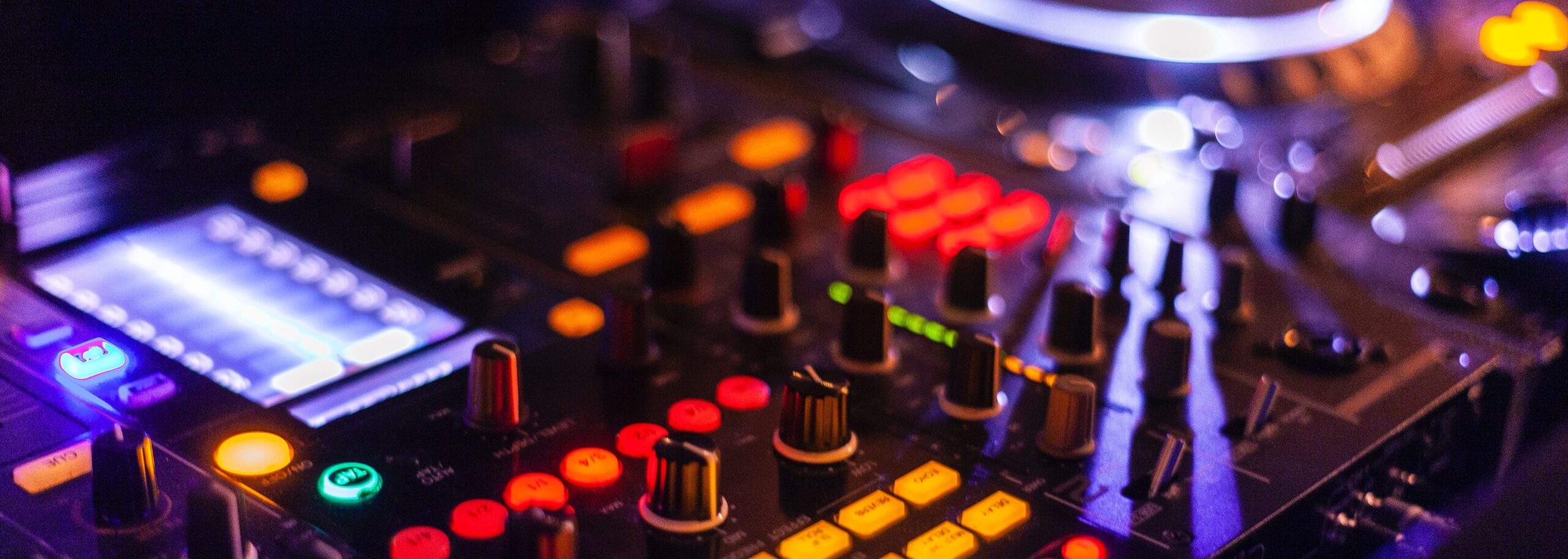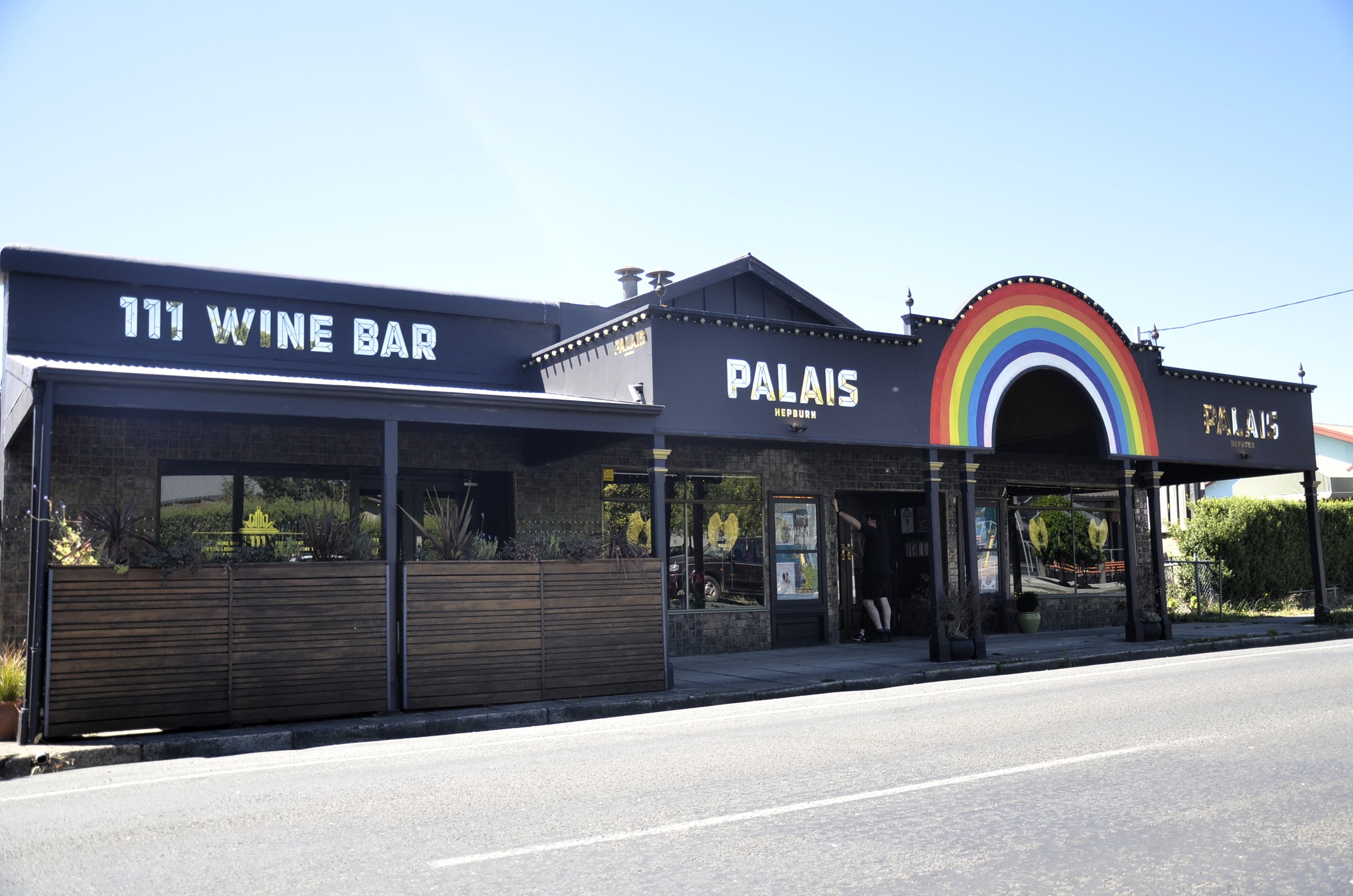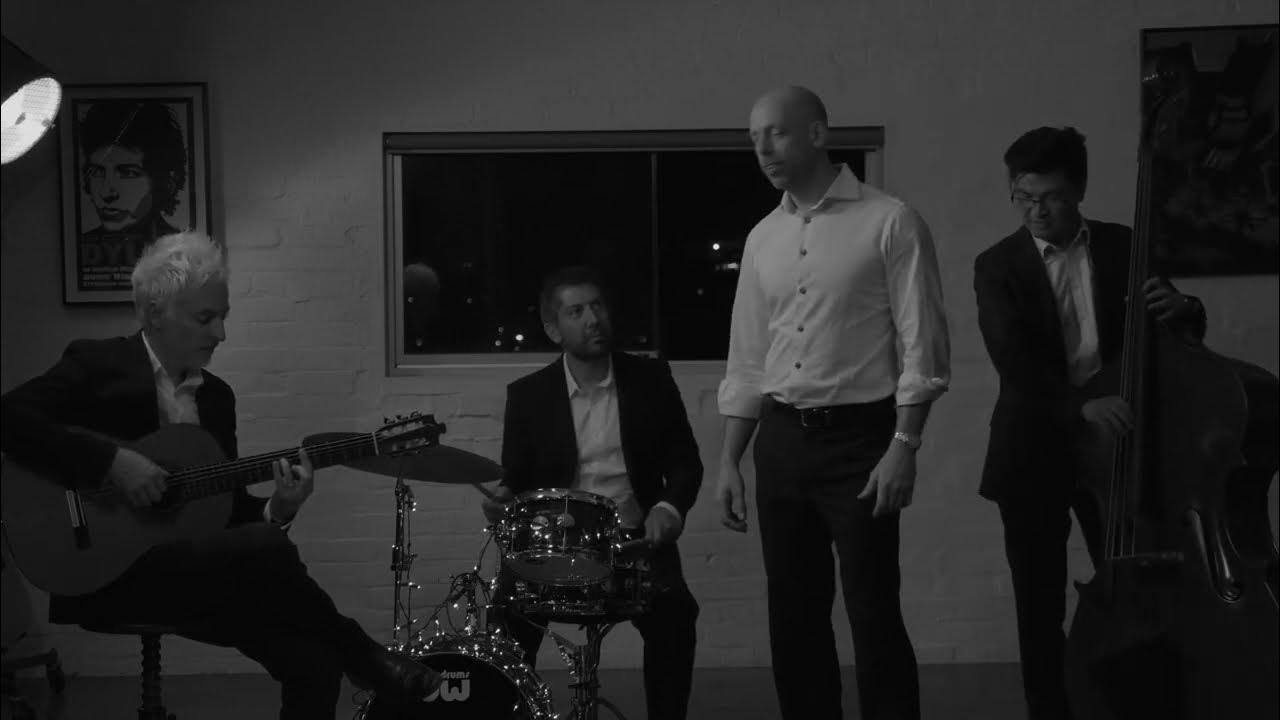March 6th, 2021Electronic control addictive for Aimee
But that period in Melbourne was also a time when much of the music scene was in thrall to myriad strands of electronica flowing in from around the world.
Electronica is a fairly nebulous term but it came to be used a lot in those years to loosely describe any music that was produced and performed using devices such as, and definitely not limited to, drum machines, computers and keyboards.
They faced some resistance from traditionalists who liked to think that live music should only be with instruments that were physically played. For example: guitarists playing guitars, drummers playing drums and so on. But it was really at the end of the 20th century when those complaints were finally put aside and electronica in all its guises was assimilated into musical performance and production.
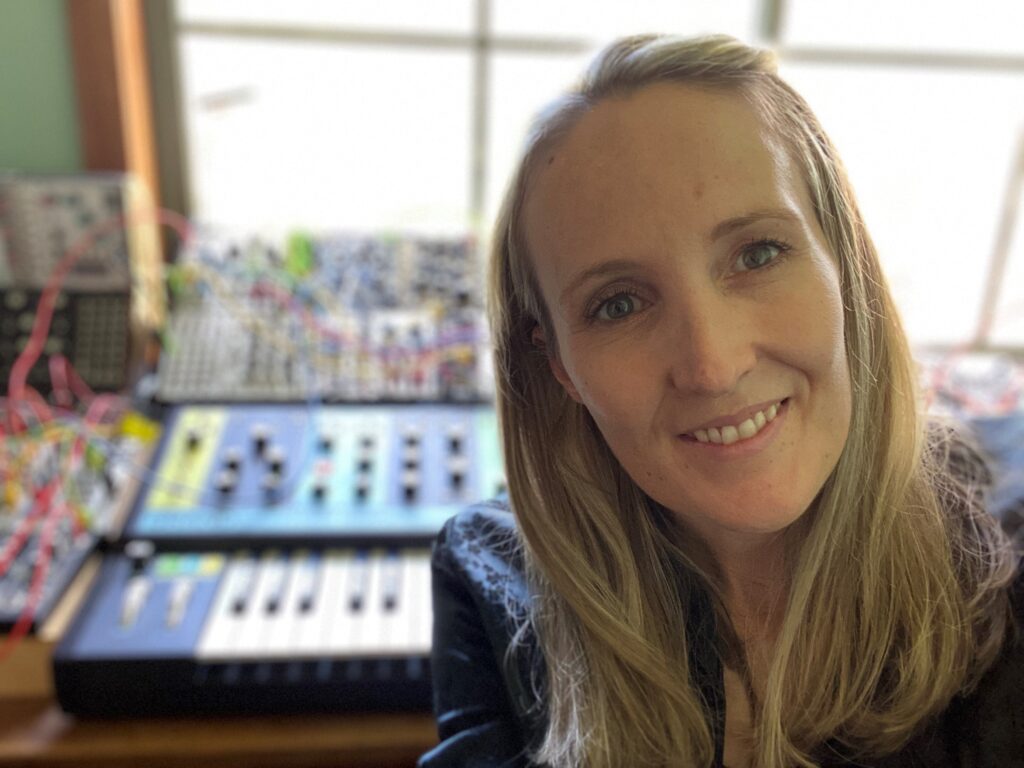
Melbourne has always had an active live music scene and the technology influenced many local artists who are still performing regularly today.
“Alongside jazz, I was listening to mostly hip hop funk, trip hop, electronica and dance music and all the kind of stuff that was happening in the late 90s and early 2000s in Melbourne. I was going out seeing all these bands and I realised I wanted to make this music too, I wanted to do the beats. So I kind of taught myself to begin with and started just asking people I knew were dabbling in computer music to show me some stuff.”
The core of any electronic producer’s studio is a computer running sequencing software with a multi instrument digital interface (MIDI) for communication with sound modules. That is to say, a simple program acts as a clock that can trigger a connected instrument like a keyboard (also known as a sound module) electronically via a MIDI in a timed sequence. Simple really, but there are lots of knobs, dials, faders and flashing lights involved.
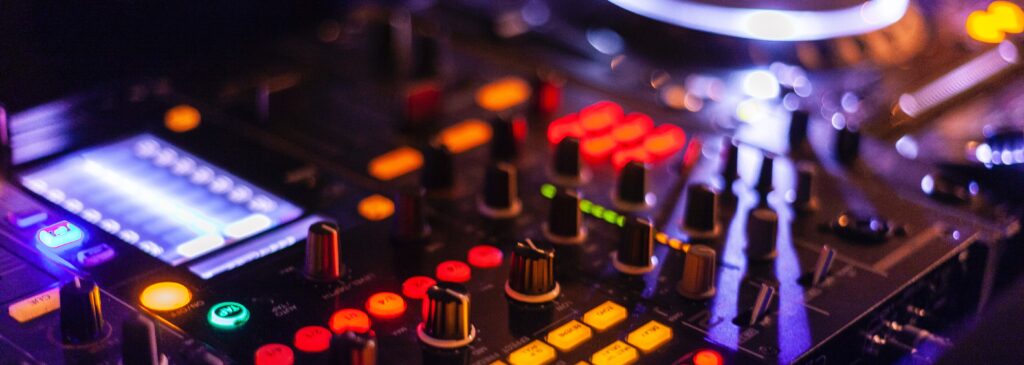
And the recording studio where it all gets done can look very, very cool, mysterious and complicated. Also, having everything you need at your fingertips means no more having to wrangle a group of musicians.
“I saved up and got an early interaction of Ableton Live (a digital audio software workstation developed by German musicians Gerhard Behles, Robert Henke, and Bernd Roggendorf in 2001),” says Aimee.
“That just changed everything. It is really geared to live performance and meant I could ditch the band. Suddenly I had this capability to be able to play everything in my head musically and go on solo tours. It gave me a lot of control that you don’t usually get as the vocalist. I got really addicted to that mode of performing.”
Since then, as a producer, vocalist, musician and sound artist, Aimee has toured extensively through Australia, Japan, Canada, Denmark and France and released several albums and various singles. She has also completed advanced electronic studies online through Berklee College of Music and the Melbourne Electronic Sound Studio (MESS) Winter School.
In 2019 she was a recipient of a Loddon Mallee Renewable Energy Arts Award creating a musical work Softer Currents using sounds recorded from renewable energy sources. Most recently she was awarded a residency at the Phee Broadway Theatre in Castlemaine as part of their 20-21 At Home Program. She produced an online/real time project called Coming Home featuring sounds of the city commute. It has been a good start to the year and Aimee has more projects to come.
“It’s still hard to plan at the moment but I’m looking to start recording a new release. I’ve gone instrumental and textural for the last couple of years, but now I’m keen to start stretching my lyric muscles and vocal melodies.
“I’m also hopeful and optimistic that something like another tour to Japan would be on the cards. I have done two tours there and that has just been exceptional. They really have such a culture for experimental and interesting music and the audiences really listen intently.”
Words: Tony Sawrey | Image: Contributed


